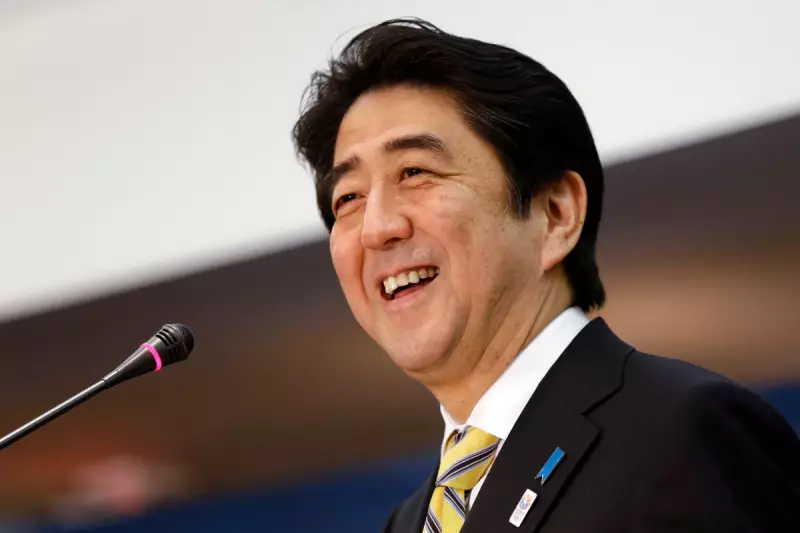
Japan's Supreme Court has delivered a final verdict in one of the nation's most shocking political assassinations, upholding the death sentence for Tetsuya Yamagami, the man convicted of murdering former Prime Minister Shinzo Abe.
The Final Legal Chapter
The court dismissed Yamagami's appeal on Tuesday, bringing closure to a case that stunned the world when Abe was gunned down during a campaign speech in July 2022. The ruling confirms the lower courts' decisions that sentenced Yamagami to death for the carefully planned assassination.
A Nation in Mourning
The assassination of Shinzo Abe, Japan's longest-serving prime minister, sent shockwaves through a country known for its strict gun laws and political stability. Abe was delivering a campaign speech in the city of Nara when Yamagami approached from behind and fired two shots from a homemade firearm.
The attack was captured on multiple videos that showed the former prime minister collapsing moments after the second shot rang out. Despite emergency medical treatment, Abe was pronounced dead hours later, sending Japan into national mourning.
Motive Behind the Attack
During court proceedings, Yamagami admitted to targeting Abe because of his alleged connections to the Unification Church, now known as the Family Federation for World Peace and Unification. The assailant claimed his family had been financially ruined by massive donations his mother made to the religious group.
Yamagami told investigators he had originally planned to attack the church's leader but switched targets to Abe after learning about his scheduled campaign appearance in Nara.
Security Failures Exposed
The assassination exposed significant gaps in Japanese political security. Despite warnings about potential threats, Abe's protection detail failed to prevent Yamagami from approaching within close range.
- Homemade firearms bypassed metal detectors
- Security personnel were slow to react
- Crowd control measures proved inadequate
- Intelligence about potential threats wasn't properly acted upon
Political Aftermath
The killing triggered a national reckoning about political security and the influence of religious groups in Japanese politics. Subsequent investigations revealed extensive ties between politicians and the Unification Church, leading to public outrage and government promises of reform.
This case represents one of the most significant political assassinations in modern Japanese history, coming at a time when the country was grappling with multiple challenges including economic pressures and regional security concerns.
What Happens Next
With the Supreme Court's decision, Yamagami's legal appeals are exhausted. Japan typically executes death row inmates by hanging, though there may be considerable time before the sentence is carried out as authorities complete necessary procedures.
The ruling brings legal closure to a case that forever changed Japanese politics and security protocols, ensuring that protection for public figures has been significantly strengthened in the wake of this tragedy.





